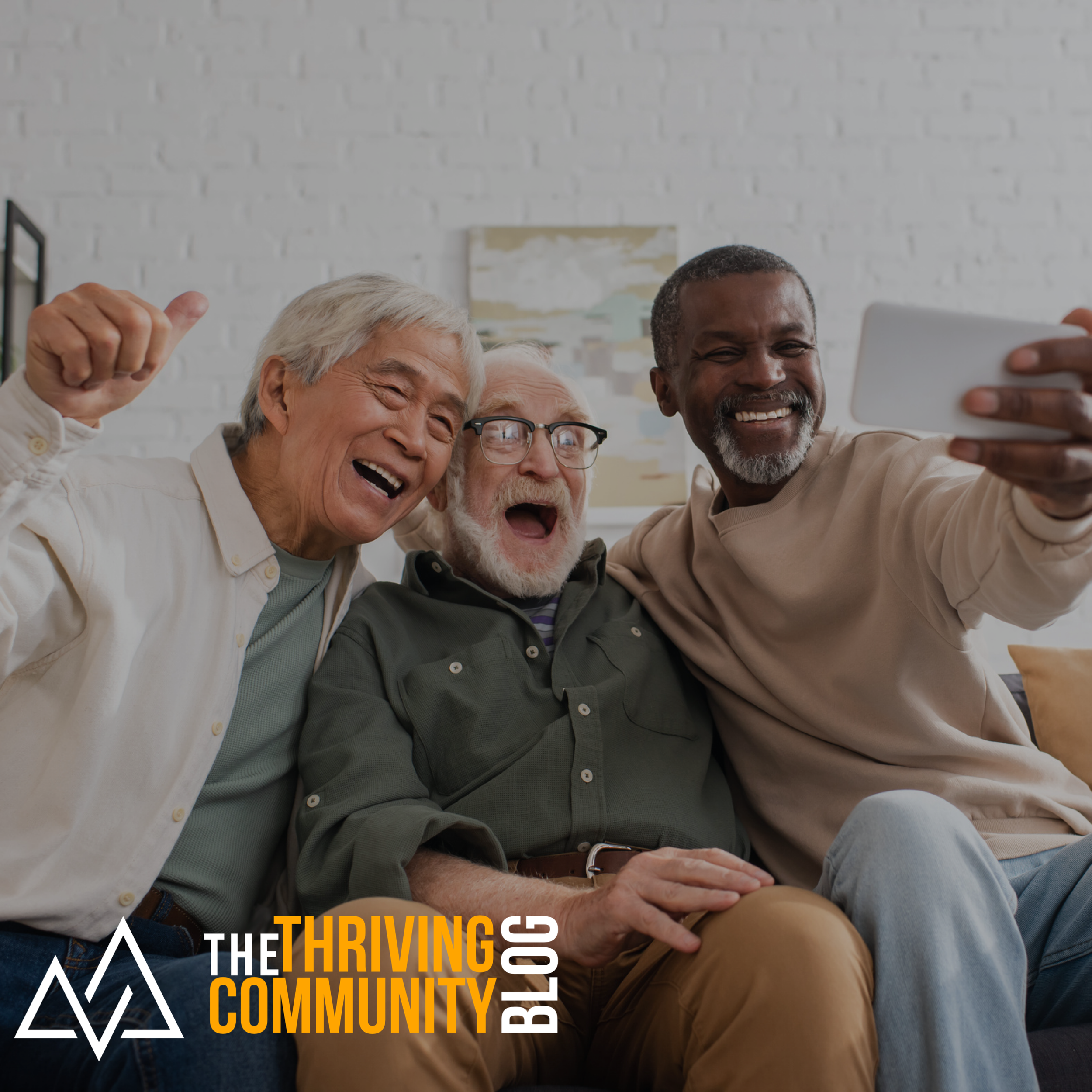From "Nice Guy" to Genuine Kindness: Tips for Overcoming Nice Guy Syndrome
Being kind and considerate is a desirable trait often admired and respected. Helping others, being pleasant, and practicing generosity can make us feel good about ourselves and positively impact those around us. However, if we start to expect something in return for our kindness and feel disappointed or resentful when it doesn't happen, we may be dealing with what is commonly referred to as "nice guy syndrome" (NGS).
What is a Nice Guy?
The "nice guy syndrome" was popularized by Robert Glover in his book No More Mr. Nice Guy. It refers to a pattern of behavior where someone behaves in a kind and generous manner but with the expectation that it will lead to them getting what they want. This can lead to insecurity, a lack of confidence, and even mental health issues like anxiety and depression.
Covert Contracts
According to Glover, NGS is based on three "covert contracts" that guide someone subconsciously: be a good guy, and everyone will love you; meet other people's needs without them having to ask, and they'll meet your needs without you having to ask, and do everything right and you'll have a smooth life, free of problems. The problem with these "covert contracts" is that they don't always work, but those with NGS often feel helpless and resentful when other people don't hold up their end of the contract.
Symptoms of the Nice Guy Syndrom
Individuals with NGS may also seek approval from others, try to hide their flaws, play the victim role, disconnect from other men or their masculine energy, and fail to live up to their full potential. This differs from genuinely lovely people who don't expect anything in return for their behavior and operate without an agenda.
Breaking Free From The Nice Guy Pattern
So, how can you break the pattern of NGS? The first step is to recognize the pattern in yourself and understand that it is not a desirable behavior. Challenging the underlying beliefs that equate niceness with entitlement is also essential. Setting boundaries and asserting yourself healthy can also help cultivate a sense of self-worth that doesn't depend on external validation.
It's essential to prioritize your own needs and wants rather than always putting others' needs ahead of your own just to win approval or affection. I get it; it might seem counterintuitive, but trust me, being unkind or unhelpful isn't the answer. It's about finding that delicate balance between being kind and considerate while also prioritizing your needs and desires. Remember, you deserve to be treated with respect and consideration just as much as anyone else does. So, don't be afraid to speak up for yourself and set boundaries when needed. You have the right to prioritize your well-being and happiness, and anyone who truly cares about you will understand and respect that.
Conclusion
Alright, before we wrap things up, there's one more crucial point I want to drive home. Being a genuinely nice person is a beautiful trait, no doubt about it. But here's the thing – sometimes, we can fall into what's called the "Nice Guy Syndrome" (NGS) pattern without even realizing it. You know, that whole "nice guys finish last" mentality where you're super nice to everyone, but deep down, you're secretly expecting something in return.
But here's the truth – by breaking the cycle of NGS and prioritizing your own needs and wants, you can still be kind and generous without expecting anything in return. And let me tell you, that's the secret sauce to building more fulfilling relationships and living a happier life overall.
So, remember, it's okay to be nice, but make sure you're doing it for the right reasons – because it feels good to spread kindness, not because you're expecting something in return. Trust me, your relationships will thank you for it, and you'll find yourself living your best, most authentic life. Check out our men’s groups at Horn Counseling if you want to join.

